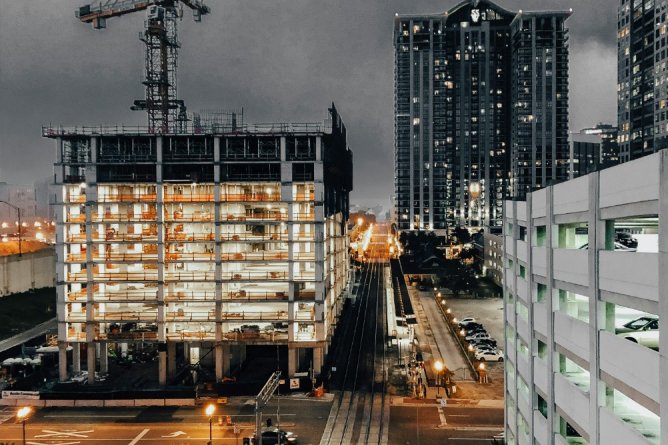Navigating the regulatory landscape in the construction industry is a complex but essential task. Compliance with regulations ensures that projects are completed legally, safely, and to high standards. In India, where construction regulations can vary significantly across states and municipalities, understanding and adhering to these rules is crucial for success. Members of the Global Construction Fraternity (GCF) can benefit from these tips on how to effectively navigate the regulatory landscape in construction.
- Understand Local Regulations
Construction regulations in India are governed by a mix of central, state, and local authorities. This includes building codes, zoning laws, environmental regulations, and labour laws. GCF members should thoroughly understand the specific regulations applicable to their project’s location. This may involve consulting with legal experts, regulatory authorities, and local government offices to ensure compliance with all relevant laws.
- Stay Updated on Regulatory Changes
Regulations in the construction industry are subject to change, and staying updated is essential to avoid compliance issues. GCF members can stay informed by subscribing to industry newsletters, joining professional associations, and attending regulatory workshops and seminars. Regularly reviewing updates from government agencies and industry bodies can help anticipate and prepare for regulatory changes.
- Engage with Regulatory Authorities
Building a positive relationship with regulatory authorities can facilitate smoother project approvals and inspections. GCF members should engage with authorities early in the project planning stages to seek guidance and clarify any ambiguities in the regulations. Maintaining open communication and transparency with regulatory bodies can help build trust and ensure a cooperative approach to compliance.
- Hire Experienced Legal and Compliance Experts
Navigating the regulatory landscape requires expertise in legal and compliance matters. GCF members should consider hiring experienced legal advisors and compliance officers who specialize in construction law. These professionals can provide valuable insights, assist in preparing necessary documentation, and represent the company in regulatory matters. Their expertise can help mitigate risks and ensure adherence to all legal requirements.
- Implement Robust Compliance Processes
Establishing robust compliance processes is essential for managing regulatory requirements effectively. This includes developing comprehensive checklists, standard operating procedures (SOPs), and internal audits to monitor compliance throughout the project lifecycle. GCF members should ensure that all team members are aware of and adhere to these processes, promoting a culture of compliance within the organization.
- Focus on Environmental Compliance
Environmental regulations are becoming increasingly stringent, and construction projects must prioritize environmental compliance. This includes obtaining necessary environmental clearances, adhering to waste management protocols, and implementing sustainable construction practices. GCF members can engage environmental consultants to assess and manage the environmental impact of their projects, ensuring compliance with all environmental regulations.
- Ensure Labour Law Compliance
Compliance with labour laws is critical to avoid legal issues and ensure the well-being of workers. This includes adhering to regulations related to wages, working hours, safety standards, and workers’ rights. GCF members should maintain accurate records, provide necessary training, and conduct regular safety audits to ensure compliance with labour laws. Fostering a safe and fair working environment not only ensures compliance but also enhances worker morale and productivity.
- Prepare Comprehensive Documentation
Proper documentation is essential for demonstrating compliance with regulatory requirements. This includes obtaining and maintaining all necessary permits, licenses, and approvals, as well as keeping detailed records of project activities. GCF members should ensure that all documentation is organized, up-to-date, and readily accessible for inspections and audits. Comprehensive documentation provides a clear record of compliance efforts and can help resolve any disputes or regulatory queries.
Conclusion
Navigating the regulatory landscape in the construction industry is a critical aspect of project management. By understanding local regulations, staying updated on changes, engaging with regulatory authorities, hiring experienced experts, implementing robust compliance processes, focusing on environmental compliance, ensuring labor law adherence, and preparing comprehensive documentation, members of the Global Construction Fraternity can effectively manage regulatory requirements. Compliance not only ensures the legal and safe execution of projects but also builds trust with clients, stakeholders, and regulatory bodies, contributing to the long-term success and sustainability of construction businesses.

